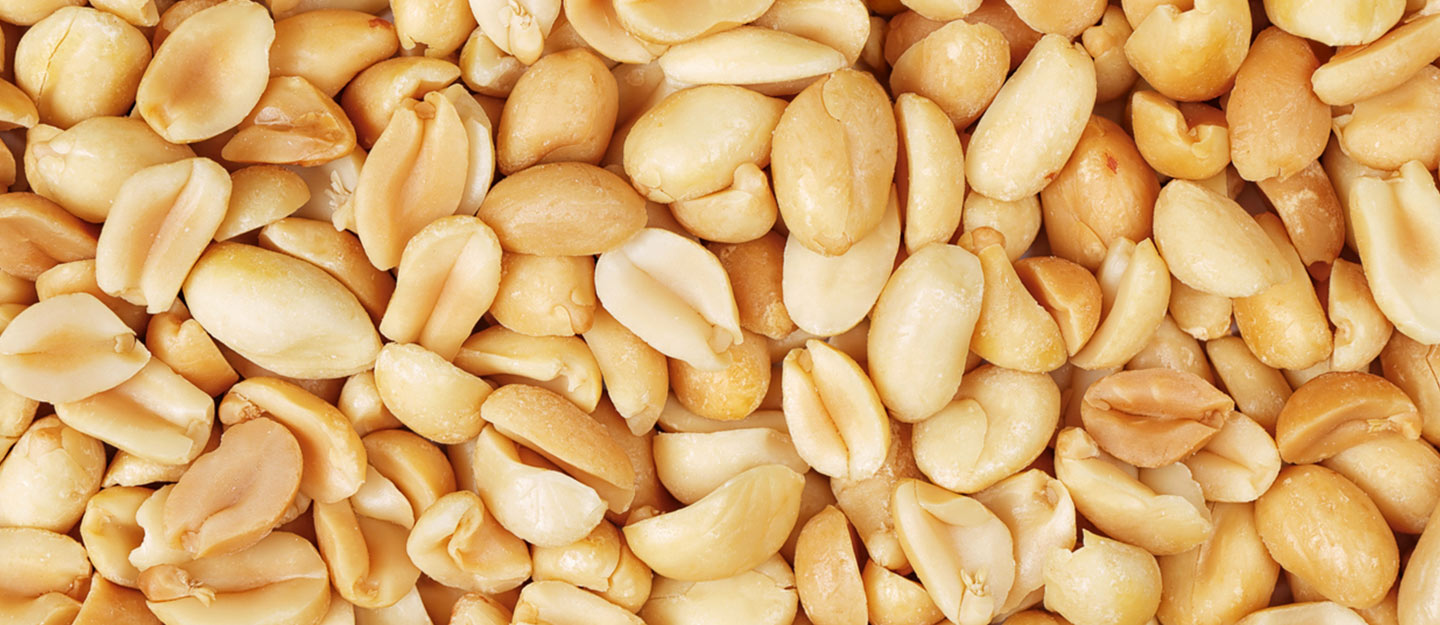The Facts and Fiction of Food Allergies –
With an infant, there are a lot of misconceptions about food allergies and sensitivities, especially during the times of breastfeeding and introducing solids. So how do you get the facts about food allergies for your newest family member? Here are some common statements you may have heard about food allergies – or you may have even said some of these yourself. We’ll separate fact from fiction with information from the American Association of Pediatrics (AAP). As always, if you have specific questions, concerns or a family history of severe allergies, talk with your health care providers.
My baby is allergic to my breastmilk because of something I’m eating.
Maybe Fact. Maybe Fiction. It is rare for babies to exhibit an allergy the mother’s breastmilk no matter what the mother is eating. Only two or three babies out of every hundred exclusively breastfed babies show symptoms of a food allergy, and those are usually an allergy to cow’s milk, which your baby will likely outgrow. An infant with an allergy may show signs of extreme discomfort, skin rash, severe or bloody diarrhea, vomiting, or difficulty breathing. Call your health care provider if you notice any of these symptoms.
But my baby is gassy and fussy after she eats! One common mistake new parents make is to equate a food sensitivity with a food allergy. If a baby is truly allergic to something the mother is eating, the baby will display symptoms beyond gas and fussiness such as a rash or difficulty breathing. If your baby tends to be fussy after you eat dairy or something spicy, they likely have a sensitivity and are suffering from an upset stomach. You can either avoid these foods or eat them in moderation until your baby adjusts. If your baby’s symptoms persist talk to your pediatrician about colic, food sensitivities, and allergies.
Breastfeeding reduces the risk and/or severity of food allergies.
Fact! In families who have a history of a food allergy, exclusively breastfeeding babies (or supplementing with hydrolyzed formula) has been shown to significantly decrease the risk of them developing a severe food allergy. It has also been shown to reduce mild to moderate eczema. Another great reason to breastfeed your baby.
I should avoid allergy-prone foods while I am breastfeeding to keep my baby from developing allergies or asthma.
Fiction. There is no research showing that a breastfeeding mother can protect her infant from allergies or asthma by avoiding specific foods. In fact, the opposite might be true if you avoid an allergen like peanuts, your baby might be more likely to develop that allergy from lack of exposure. However, if you have a family history of a severe allergic reaction to a particular food, it might be safer to avoid the allergen until your baby’s immune system is more developed and they can undergo an allergy test. Talk to your doctor.
Once my baby starts having solid foods, I should wait a couple days after each introduction to try a new food.
Fact! The AAP recommends exclusively breastfeeding your baby until 6 months of age. After that point you can start introducing soft, mushy solids to baby one at a time. After giving baby something new, wait two or three days and watch for any adverse reactions. That way if baby does have an allergy or an intolerance to a certain food, you are more likely to know which one caused the reaction.
My child should be three years old before being introduced to peanuts.
Mostly Fiction – with an exception. The AAP recommends trying peanuts with your child after a few non-allergy inducing foods have been successfully introduced. Of course, be sure it is in a baby-safe form such as thinned out peanut butter in their cereal. Be on the lookout for symptoms of an allergy such as hives or rashes, swelling, trouble breathing, nausea or vomiting, diarrhea, or pale skin. Babies that are at a high-risk for a severe allergy include those who have had other allergic reactions or who have displayed mild to moderate eczema and should not be given peanut-butter without parents first consulting their pediatrician.
A food allergy is forever.
Fiction. In fact, more than 80 percent of all egg, wheat, soy, and milk allergies diagnosed in infancy will go away by five years of age. But only one in five will outgrow a peanut allergy, and even fewer will outgrow allergies to nuts or seafood. A physician can do an allergy test to see if your child is outgrowing their allergy.





